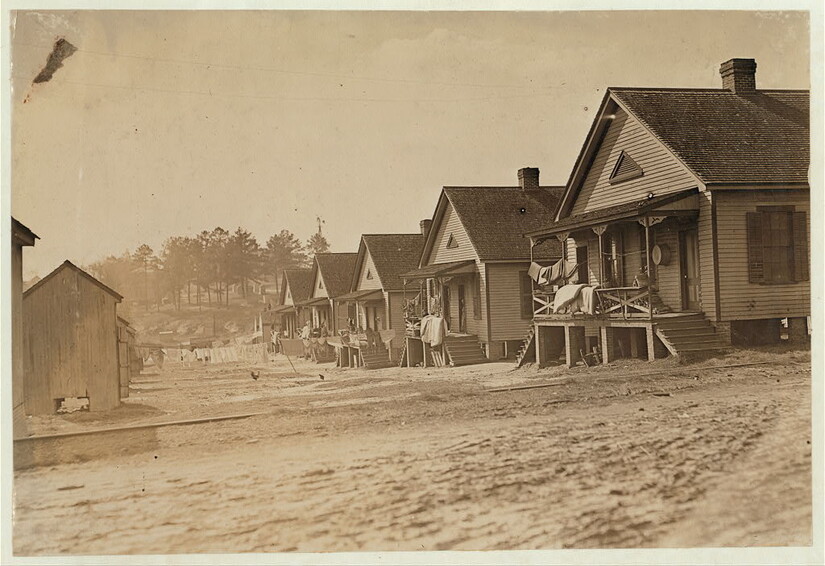Image


We live in extraordinary times. This morning a strange thought crossed my mind: what if I were suddenly transported to our world from a century ago?
A hundred years isn’t all that long when viewed through the lens of history. Yet, the sheer magnitude of change in our world would make today seem like an alien landscape to a visitor from 1924.
Consider the electric toothbrush I held as I brushed my teeth this morning. The compact, battery-powered marvel that vibrated and oscillated with a precision unimaginable back then. Brushing teeth, once a simple task with rudimentary tools and powders, has now been transformed into an automated ritual of clinical thoroughness.
Later in the day, as I sat down to work, I queued up some music on a streaming service. It struck me how, a century ago, music was a cherished luxury. Owning a radio or a gramophone was a sign of privilege, and even then, choices were limited to what records you could afford or the few radio stations within range.
Today, the media landscape is wildly different. With just a tap, I have access to a seemingly infinite library of music spanning genres, decades, and cultures. It’s not just music—there are movies, documentaries, instructional videos, and even strangers discussing niche interests I’d never have dreamed existed, all instantly available.
The world’s collective knowledge and entertainment are at my fingertips, a reality that would seem almost fantastical to someone from the early 20th century.
Our advances extend beyond leisure and into how we move through the world. The roads that once echoed with the clattering engines of Model Ts and horse-drawn carriages now witness the silent, electric glide of Teslas and other high-tech vehicles.
The electric car, once a futuristic dream, now accelerates smoothly and silently, faster than the average gasoline vehicle. In the past, automobiles required work to operate, cranking to start the engine, carefully shifting gears, tasks that would feel archaic to some modern drivers who rely on touchscreens and automated driving assistance.
But perhaps the most bewildering change, if I imagine the eyes of a time traveler, is not the technology itself but the relentless stream of information and opinion that defines our age. We’re connected to a global network that delivers news from every corner of the earth at the speed of light.
Social media, podcasts, and an ever-churning sea of memes create a cacophony not unlike the recent intense buzzing of cicadas in Middle Georgia. It is dizzying and, at times, overwhelming: a firehose of perspectives and theories that never stops.
In 1924, life would have been more contained. People gained their news from newspapers, books, word of mouth, or, for the lucky few, the early radio broadcasts. Opinions were shaped by face-to-face conversations with neighbors, by the lessons passed down through families, and by community norms.
The reach of one’s knowledge was limited by geography, economic means, and the bounds of personal experience. The world was quieter, slower, more anchored in tangible realities. A person’s outlook was rooted in what they could see, hear, and touch directly.
Sometimes, I picture myself stepping into that quieter world for a brief reprieve from the noise of today. I imagine sitting with my great grandmother, absorbing the stories of our ancestors in the warm glow of a kerosene lamp.
I can see myself in the field with my great grandfather, learning the patient art of planting corn, or huddled with my brother as he explains the workings of a Model T, a vehicle that once was near the height human ingenuity.
These daydreams are reminders of a time when life was defined by simplicity, by moments that were deliberate and rich with meaning. As I compare then and now, I feel a deep appreciation for the advances that have made life more convenient and connected.
But I also recognize the value in the slower, quieter cadence of life that our forebears knew, a cadence that taught patience, connection, and the art of listening deeply.
In this fast-paced, ever-changing world, I often find that looking back can be just as enlightening as moving forward. While technology continues to transform our lives, some things remain timeless, like the joy of meaningful conversations with friends and family, meals shared around a table, or the quiet pleasure of reading a good book on a porch swing. These moments have a way of making you feel as though you've traveled back in time, offering a sense of peace and connection that feels eternal.
 The simple homes of workers in Willingham Cotton Mills in Macon around a hundred years ago (Photographer Lewis Wickes Hine)
The simple homes of workers in Willingham Cotton Mills in Macon around a hundred years ago (Photographer Lewis Wickes Hine)